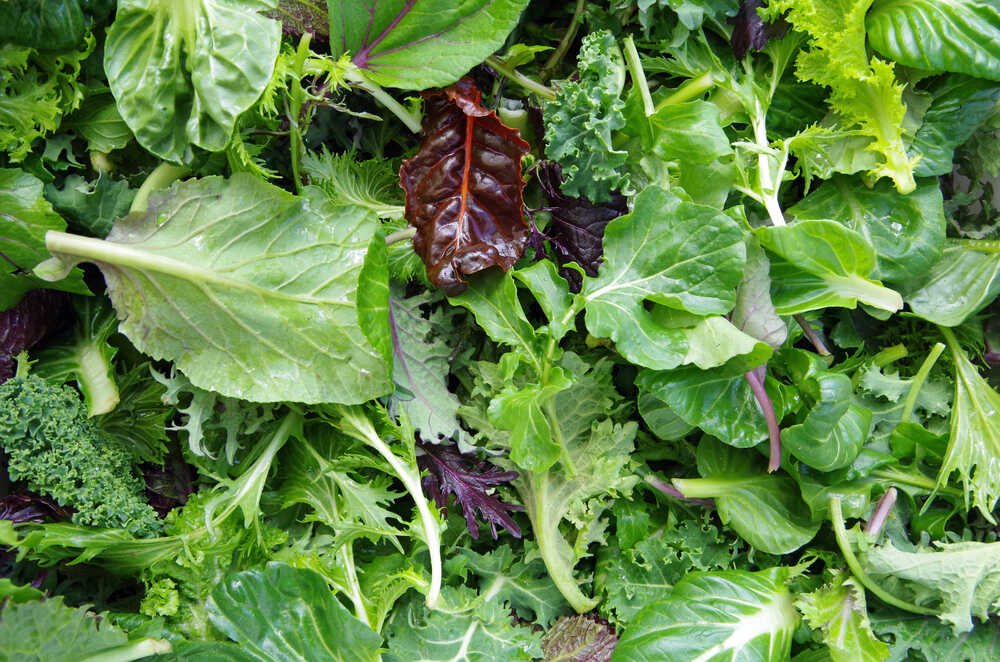Fermented Foods & Good Bacteria
Fermentation is the process that creates fermented foods such as yogurt, kimchi, sauerkraut and kombucha.
The bacteria or yeast in the food break down sugar and starch to produce lactic acid, and other organic acids. This process preserves food and increases its nutritional value.
Fermented foods contain probiotics or “good” microorganisms that help promote a healthy balance in the oral cavity and gut. Probiotic bacteria are able to outcompete bad bacteria in the microbiome ecosystem. They can also reduce the risk for infectious diseases and the production of VSCs.
What does the research say?
In a recent BMJ Open study, the effects of probiotics were investigated. This study was a meta analysis of seven randomized controlled trials comparing the effects of probiotics and a placebo on bad breathe.
In the short-term (less than four weeks), probiotics significantly reduced the levels of VSCs in participants compared with the placebo group. The effect was less pronounced after 4 weeks.
Fermented Foods: How to Include them in Your Diet
It is easy to add fermented food into your diet.
Here’s a simple way to get started.
* Include a yogurt in your morning routine. To avoid sugar, choose plain yogurt.
* Try a few pickled vegetables like kimchi or sauerkraut as an alternative to chips and dips. They are crunchy and delicious.
Try kombucha, a fermented beverage that is a great alternative to juice or soda.
Add kefir into your smoothies or other recipes to boost probiotics. It also adds a tangy taste.













